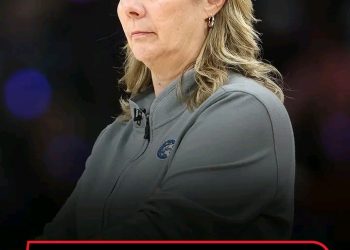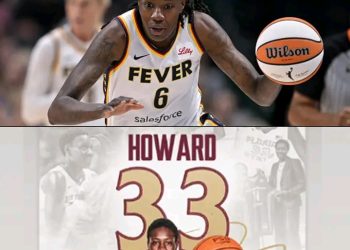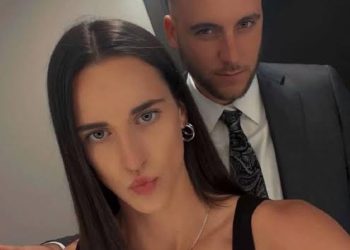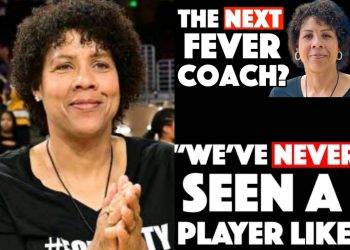In the rich tapestry of NBA history, few partnerships have been as successful and closely examined as that of Dwyane Wade, LeBron James, and Miami Heat head coach Erik Spoelstra. While the trio brought home two NBA championships and appeared in four straight Finals from 2011 to 2014, recent reflections by Wade have shed light on the inner dynamics of that era—particularly Spoelstra’s resilience and leadership in the face of internal pressure.
In a recent interview, Hall of Famer Dwyane Wade spoke candidly about Spoelstra’s pivotal role in cultivating the Miami Heat’s now-legendary culture. His comments come amid renewed reports that LeBron James, during the early days of his Heat tenure, may have attempted to undermine Spoelstra’s authority, preferring a more player-friendly coach or perhaps even pushing for team president Pat Riley to return to the bench.
Wade, who was already the franchise’s cornerstone before LeBron and Chris Bosh arrived in 2010, offered a unique insider perspective. “People don’t understand how tough it was for Spo to hold that locker room together,” Wade said. “We had three superstars, all used to being the main guy. There were power struggles, egos, and a lot of expectations. But Spo never wavered.”
Rumors have long circulated about early friction between LeBron James and Spoelstra. Reports from that period hinted that James, fresh off his decision to leave Cleveland, was not immediately sold on Spoelstra’s coaching style. There were even whispers that LeBron lobbied for Pat Riley to take over head coaching duties. Riley, however, refused to step in, standing firmly behind Spoelstra—a move that, in hindsight, proved pivotal to the Heat’s long-term identity.
Wade acknowledged the tension but made it clear that Spoelstra’s integrity and tactical brilliance ultimately won over the locker room. “There were moments when we all had to adjust, including LeBron,” Wade said. “But Spo earned our respect. He didn’t back down, and that’s why the culture is what it is today. It starts with Spo, and it was protected by Pat.”
Since those championship years, Spoelstra has continued to guide the Heat with a no-nonsense, team-first philosophy. His coaching style has remained consistent—demanding, adaptive, and rooted in accountability. That culture, often referred to as “Heat Culture,” is now one of the most respected in all of professional sports. From undrafted talents like Udonis Haslem to breakout stars like Jimmy Butler, Miami has consistently developed a reputation for maximizing potential and demanding excellence.
Wade’s praise adds another layer of validation to Spoelstra’s legacy. It’s easy to forget that Spoelstra was only 39 years old and relatively inexperienced when he inherited the league’s most scrutinized team in 2010. Navigating the enormous media spotlight, player dynamics, and championship expectations would have overwhelmed many, but Spoelstra emerged stronger—his calm demeanor and strategic mind becoming cornerstones of Miami’s success.
“Look at what he’s done even after we left,” Wade pointed out. “He’s been to Finals with completely different teams. That tells you it wasn’t just about us. Spo’s system, his leadership—it’s real.”
LeBron James, for his part, has since expressed admiration for Spoelstra and Miami’s organizational strength. Time and experience have seemingly softened any previous discord. Yet, Wade’s comments highlight how close that Heat dynasty came to unraveling had Spoelstra not commanded respect and loyalty when it mattered most.
In retrospect, the early tension may have been a crucible that forged something stronger. The Big Three era may have been short-lived, but its influence on the NBA and the Heat organization endures. The franchise has remained a playoff fixture, and Spoelstra’s coaching acumen continues to earn league-wide recognition.
Now a team executive and ambassador for the Heat, Wade remains deeply invested in the franchise’s future. His words serve not only as a tribute to Spoelstra’s perseverance but also as a reminder of how fragile success can be without steadfast leadership.
“Everyone talks about talent,” Wade said. “But talent alone doesn’t win. Culture does. And Spo was the architect of that culture, even when it wasn’t easy.”
In the ever-evolving narrative of NBA greatness, the Miami Heat’s golden era remains a testament to unity forged through adversity—and a coach who, against the odds, earned his place among the league’s elite.









